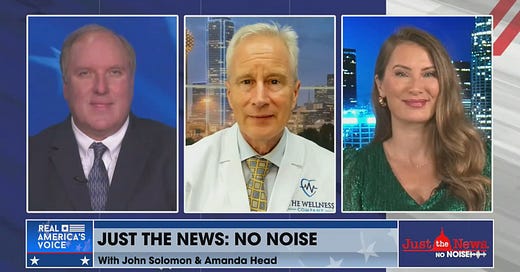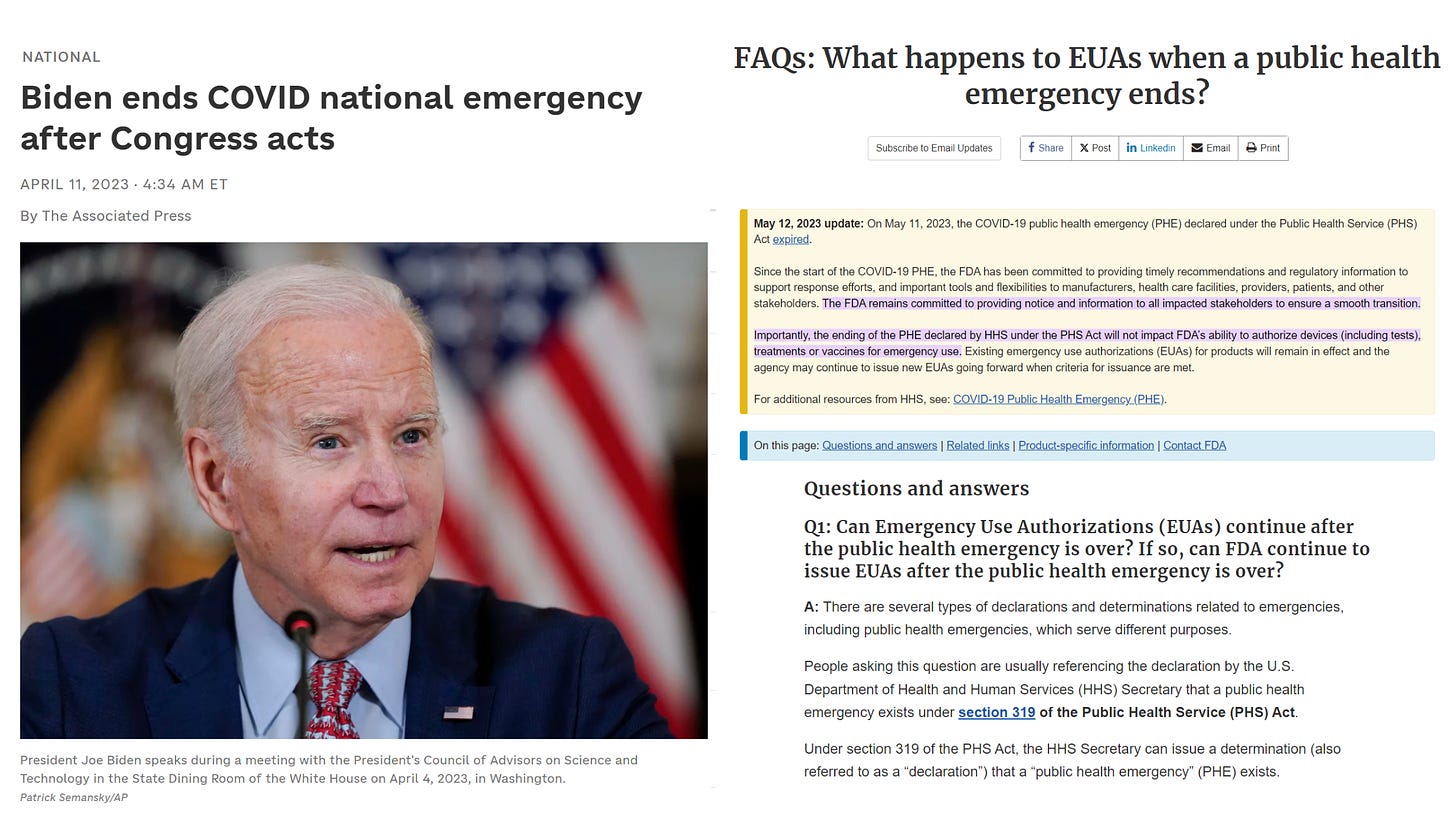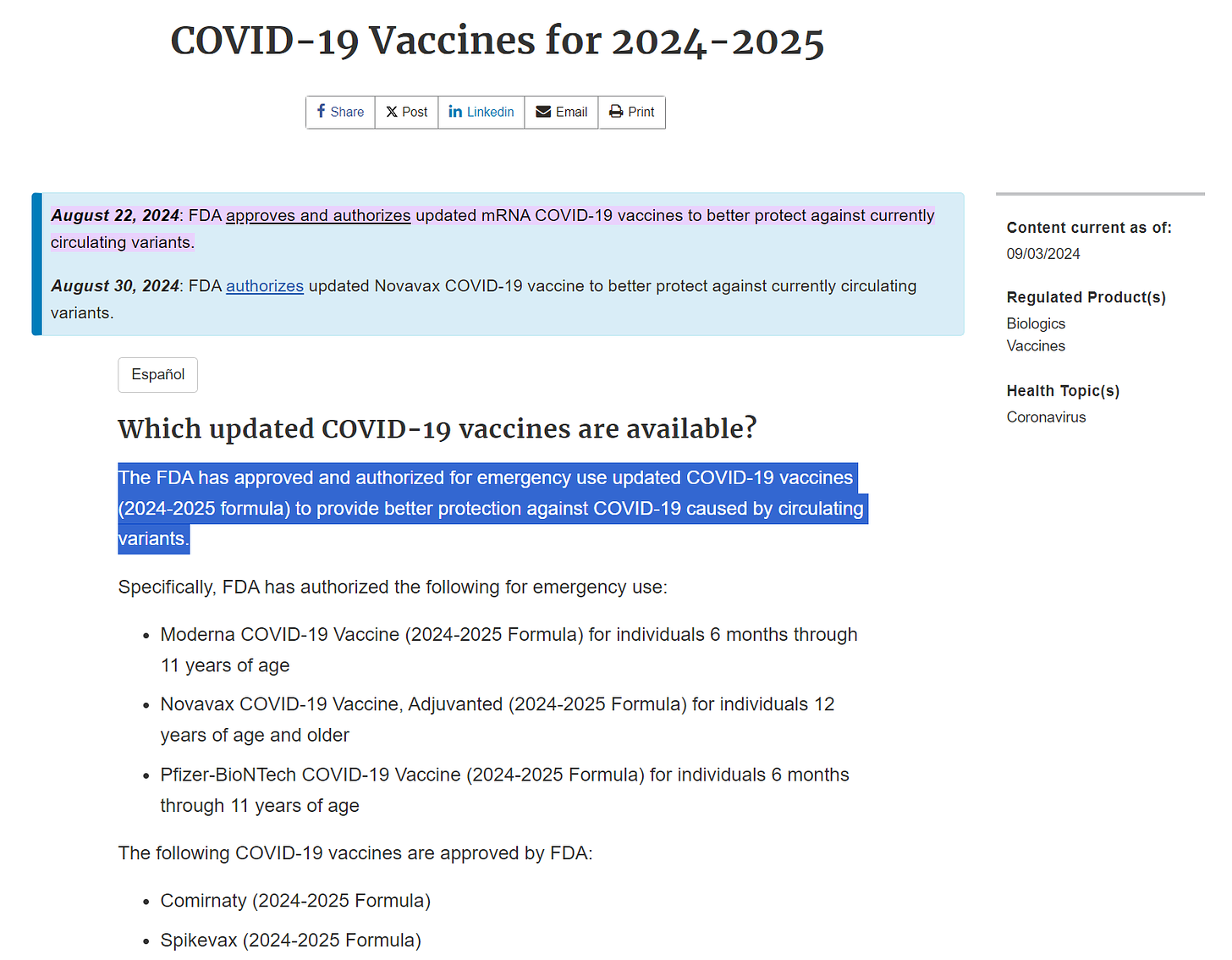By Peter A. McCullough, MD, MPH
Many have believed for some time that COVID-19 is not a public health concern. The U.S. national emergency ended May 11, 2023 as President Joe Biden signed a bipartisan congressional resolution to bring it to a close after three years — weeks before it was set to expire alongside a separate public health emergency. However, some of the Emergency Use Authorized COVID-19 vaccines continued their status with no public health emergency.
What did not end?
Two key provisions did not end:
1. A separate emergency declaration also issued by the HHS secretary under Section 564 of the Federal Food, Drug, and Cosmetic (FD&C) Act, which allows emergency use authorization (EUA) of certain drugs and biological products for COVID-19 including vaccines. It’s unclear when this EUA will end, but it did not end on May 11.
2. A declaration under the Public Readiness and Emergency Preparedness (PREP) Act (part of the Public Health Service Act) also issued by the HHS secretary, which provides liability immunity for activities related to COVID-19 medical countermeasures. The secretary has set the end date for this declaration as Oct. 1, 2024—let’s see if that holds.
I appeared on Real America’s Voice, Just the News with John Solomon and Amanda Head to discuss what could be next and how can Americans protect themselves.
Please subscribe to Courageous Discourse as a paying ($5 monthly) or founder member so we can continue to bring you the truth.
Peter A. McCullough, MD, MPH
President, McCullough Foundation
















Share this post